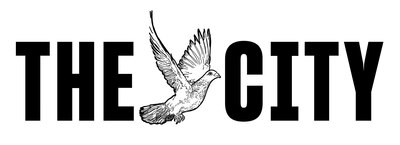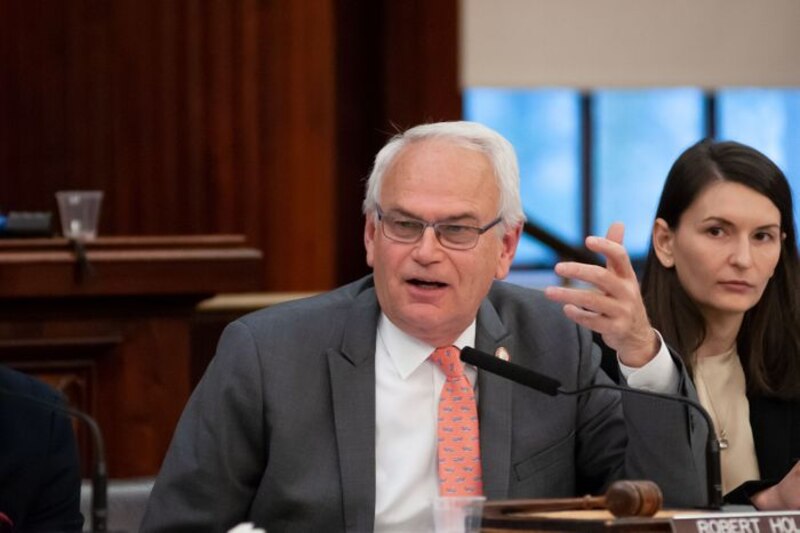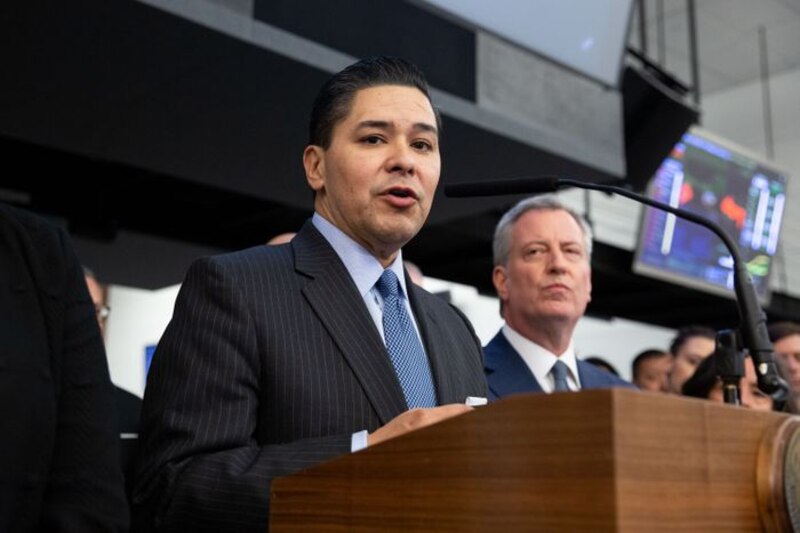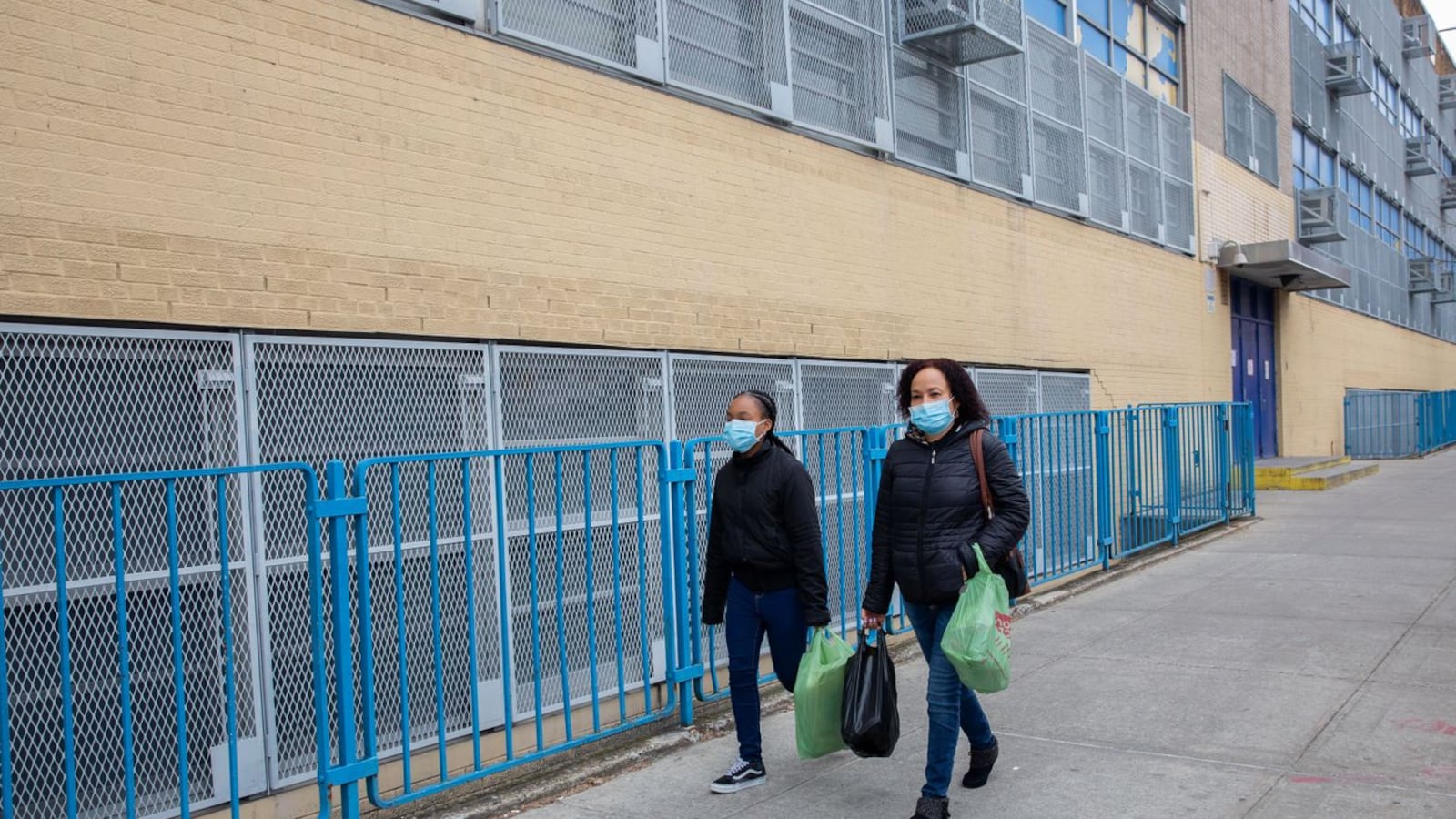
This story was originally published on April 14, 2020 by THE CITY.
The Special Commissioner for Investigations for city schools is probing the Department of Education’s bid to squelch coronavirus infection information in the chaotic days before schools were closed.
The investigation comes in response to a report by THE CITY revealing an internal memo advising school officials to not report cases of teachers or staff who tested positive for COVID-19 or were likely infected to the city health department.
Following the story, Councilmember Robert Holden (D-Queens) asked Special Commissioner for Investigations Anastasia Coleman to look into the origin of the memo — and whether it contributed to the spread of the virus within schools before Mayor Bill de Blasio reluctantly announced on March 15 that schools would be shuttered.

In an interview Tuesday with THE CITY, Holden said he believes the March 10 memo was intended to help cover up the scope of the spread of the virus within the city public education system to justify keeping schools open amid an avalanche of pressure.
“A lot of teachers were calling us and saying, ‘Why aren’t the schools closed? We have some staff who are infected,’” Holden recalled.
“This is the DOE’s M.O., this is how they operate. They were trying to cover up. They were saying to us, they want to cover this up, we don’t want to cause mass hysteria,” he said.
🔗A Wave of Deaths
On March 30, SCI investigator Hector Rivera notified Holden, “I am assigned and investigating the allegations of negligence by the Department of Education, regarding the COVID-19 cases in the city schools.”
On Tuesday, Regina Gluzmanova, an SCI spokesperson, declined to discuss the investigation, stating, “SCI is in receipt of the Council Member’s letter and will not comment any further on an open investigation.”
The Department of Education confirmed this week that 50 public school staff, including 21 teachers, have died of COVID-19 illness since the pandemic hit the city.
As pressure mounted last month to shut the schools, de Blasio resisted the call, saying he feared the closure would hurt families who need their children to be in school while they’re working.
On March 4, THE CITY reported on a teacher who’d returned from a coronavirus hotspot in Italy and was displaying symptoms of the virus but couldn’t get tested. Days later de Blasio agreed that teachers, first responders and city health care workers with likely symptoms and travel histories should get tested.
At the time, the United Federation of Teachers President Michael Mulgrew criticized school officials for dragging their feet on testing teachers. As the days passed, Catholic schools closed, and one private school after another followed suit.
Then on March 10, with public schools still open, DOE management sent staff an internal memo advising them on how to handle the growing crisis. The memo specified that the city Department of Health and Mental Hygiene, which was tracking the spread, should not be contacted.
“At the moment, there is no reason for any school to call DOHMH to report potential or confirmed cases,” the memo states. “DOHMH is receiving information…about positive test results strictly from laboratories. We can support our colleagues at DOHMH by keeping their phones clear to speak with laboratories.”
🔗‘An Abundance of Caution’
Confronted about this at a news conference, Chancellor Richard Carranza defended the memo, stating, “With increasing numbers of people coming out, what we don’t want to do is inundate the Department of Health with these cases.”
Five days later, de Blasio announced the shutdown.

“Look at how many staff have died,” Holden told THE CITY Tuesday. “Leaving these classrooms open for that many days was dangerous.”
On Tuesday, Miranda Barbot, a spokesperson for Carranza, said: “When school buildings were open, we received confirmations directly from the State Health Department, and our guidance ensured the city’s Department of Health’s lines remained open for New Yorkers.
“We immediately notified communities when there was a confirmed case by the State Health Department, which happened once, and out of an abundance of caution we closed six other sites that had self-reported cases.”

